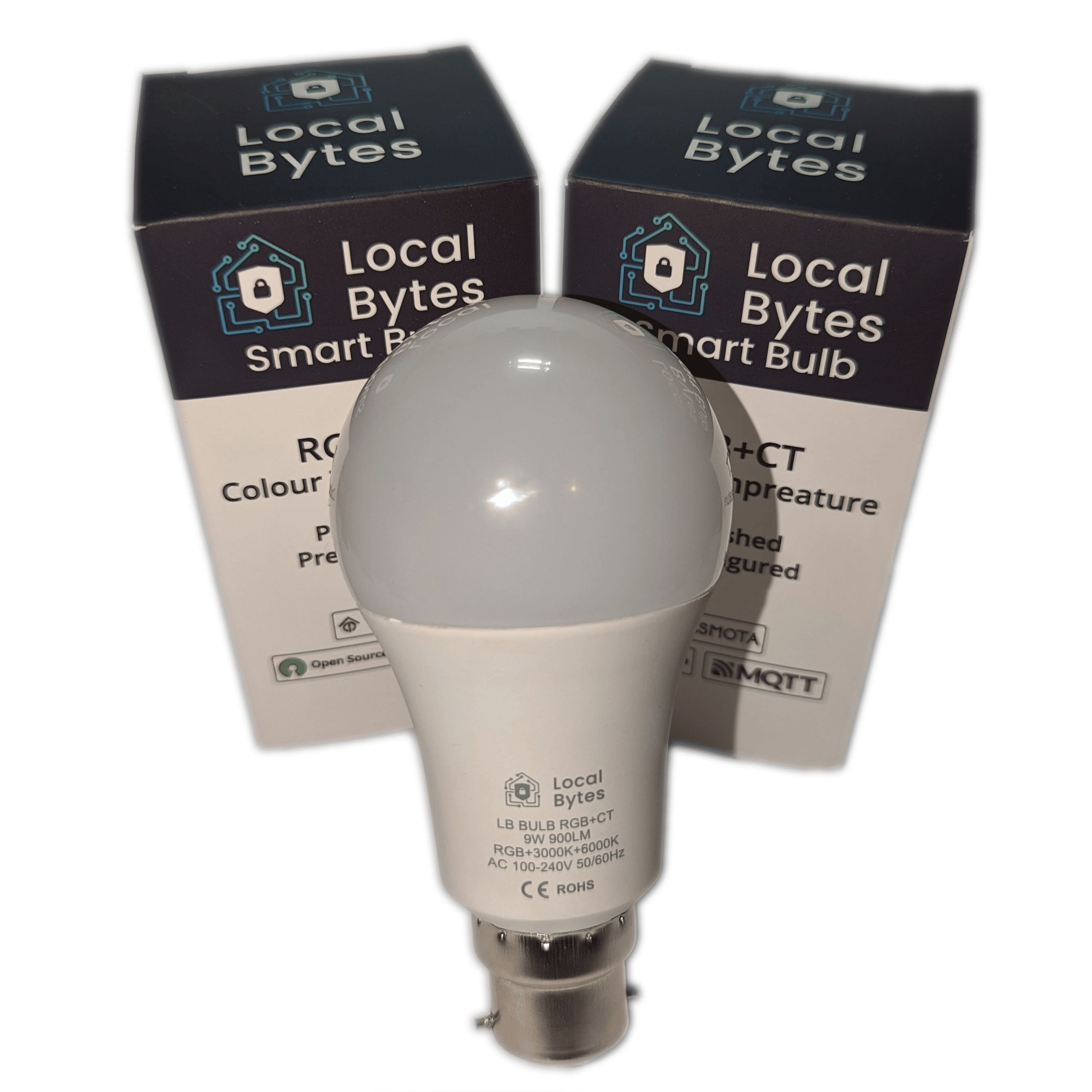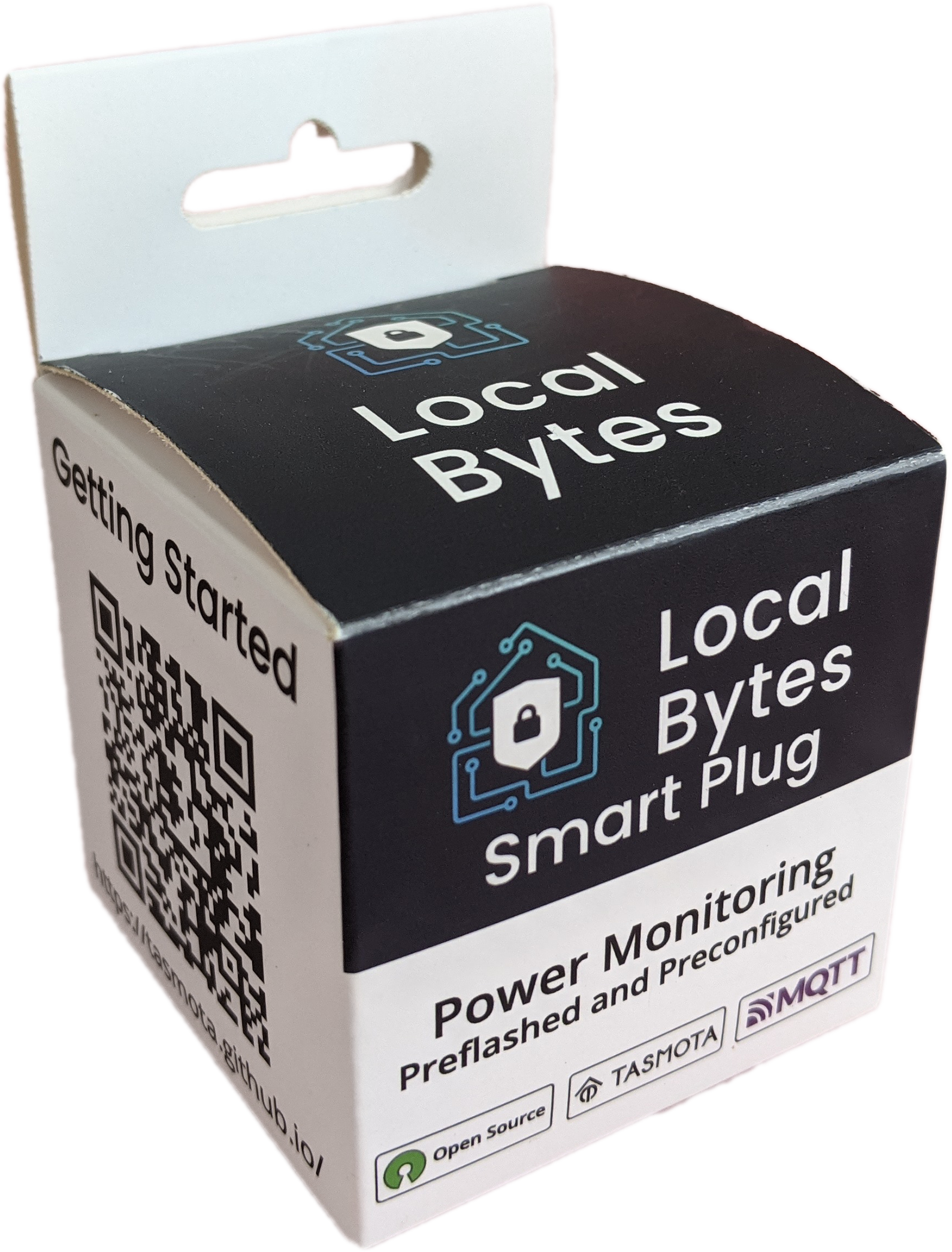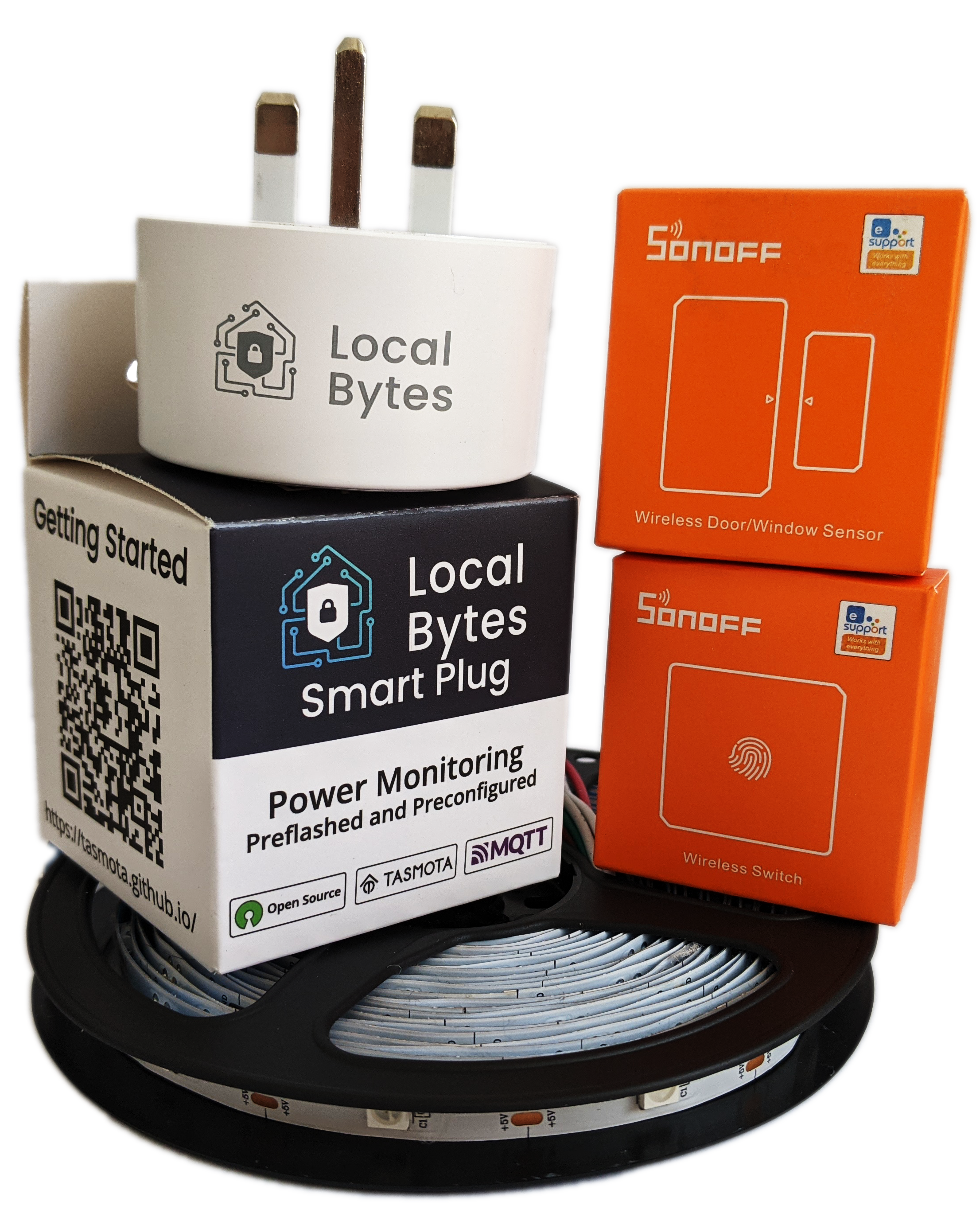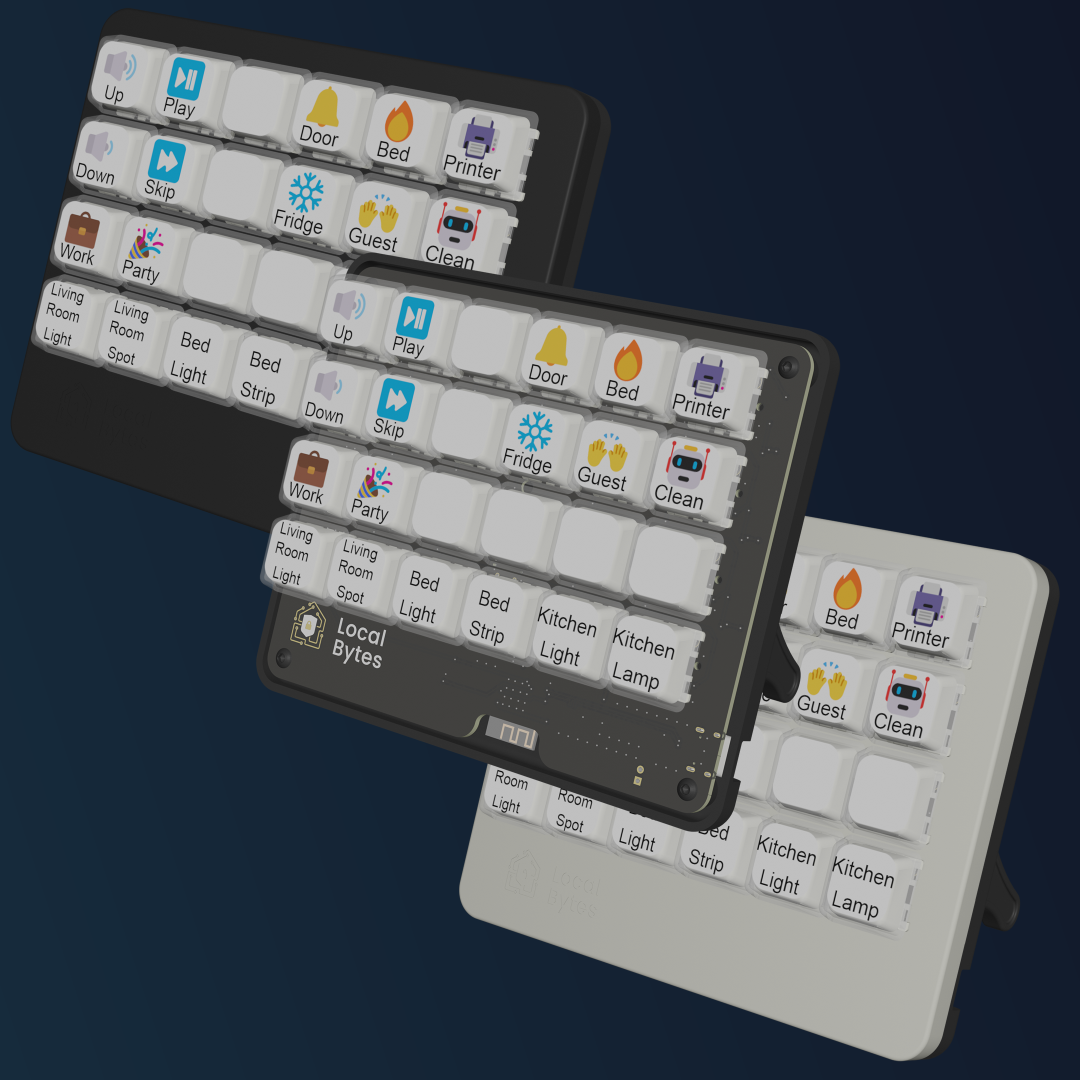Introduction
Almost every product in the store has the following message:
Note: Compatible Smart Home Hub is recommended, but not required, for automation!
But what does that mean? Let us first explore how a smart home could work without a hub.
My coffee machine has a remote app...
Why don't your plugs
Imagine a hypothetical company, NotLocalCoffee, that makes smart home products like coffee machines. They have a server
on the internet, which the coffee machine connects to, allowing customers to make coffee from anywhere in the world with
an internet connection.
You may also have some bulbs from E-Corp, which similarly connect to their servers.
This is not an issue if using a single legitimate company with no ulterior motive. However, it is uncommon to have
one.
As you delve into the modern smart home, you will find yourself with many different brands, with many third parties
connecting to your house.
Additionally, a system relying on the cloud may stop working when your internet goes down, even when you are in the house.
Smart home hubs can provide a layer of convenience by providing a single way to control and manage your connected devices. They also eliminate the need for your devices to communicate directly to servers outside your home (greatly reducing the potential privacy and security concerns!)
Some companies, such as us, believe this is the most reliable way to build out your smart home and so only sell products that run locally.
What does a hub do?
As you use more smart home products, you'll want a better way to manage them. Enter the smart home hub.
Hubs will typically have the following features:
- Connecting to and controlling devices
- Providing a unified dashboard
- Scenes & Scripts (setting multiple devices at once)
- Automations (making one action trigger another)
As seen below, there are no links to third-party servers that access your home. However, Hub vendors often include an opt-in way of remotely accessing devices. If you're techy, you may want to try doing this yourself using a guide like "Exposing your Homelab - TheOrangeOne".
What Hubs are recommended?
When choosing a hub, the first point of call when choosing a hub is looking at the firmware of the devices you're
using.
For example, Tasmota has a page detailing the integrations they support.
If your device uses Zigbee, any modern hub should have support for the device. But you can find a non-exhaustive list of compatible devices from Blackadder's Zigbee Device Compatability Repository
We typically recommend using Home Assistant as it has got a good mix of usability for new starters, with a very comprehensive feature set for advanced users



